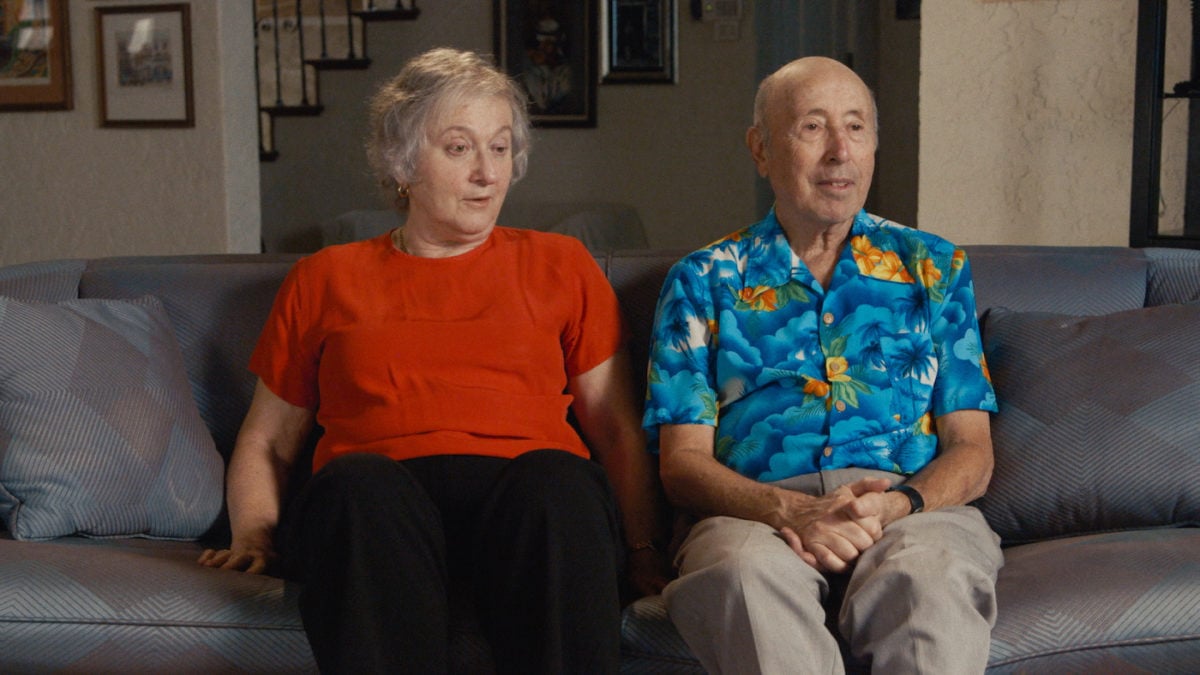For more than three decades, the West Hollywood gay porn shop Circus of Books was a safe space for the LGBTQ community to socialize and celebrate themselves, and maybe get a little frisky with each other behind the bookstore.
Karen and Barry Mason were the unlikely shop owners. They were a straight, mainstream couple with three children, who attended a religious school and were unaware of their parents’ business endeavor.
Starting Wednesday, April 22, Netflix will stream the documentary “Circus of Books,” which is directed by Rachel Mason, the Mason’s daughter. The film was screened at Oufest in 2019.
In the film, Rachel asks her parents, the least radical people she knows, how they became the biggest distributors of gay porn in the United States and why Karen reacted negatively when her son came out of the closet.

Husband and wife Karen and Barry Mason owned the West Hollywood historic gay porn shop Circus of Books. The documentary “Circus of Books” will stream on Netflix April 22. Photo: Netflix/2020
Circus of Books’ history
The historic space opened in 1960 as a newsstand and bookstore originally called Book Circus.
The Masons took over the store in 1982 and eventually bought the building. They also changed the store name to Circus of Books.
Apart from gay porn videos and magazines, Circus of Books sold a large selection of sex toys, leather items, condoms, and lubricants.
The store also played an important role for gay men discovering and exploring their sexuality. Behind the store is a parking lot and alley that was once known as “Vaseline Alley,” where gay men cruised for hookups.
Chi Chi LaRue’s Circus
The Masons closed Circus of Books in early 2019, but Chi Chi LaRue’s Circus opened in the space in January. Chi Chi LaRue’s is the retail arm of Channel 1 Releasing, one of the largest gay-owned and operated adult entertainment companies in the world.
Like it’s iconic predecessor, the new big top sell a large selection of sex toys, leather items, condoms, and lubricants.
The Masons
When they owned Circus of books, the Masons long refused to tell friends and family about their business. While maintaining that secret, they witnessed the dawn of the HIV-AIDS epidemic and lost a generation of valued employees.
During that time, they never identified as activists — just everyday entrepreneurs catering to a market. Then the internet happened and customers started buying products online.
